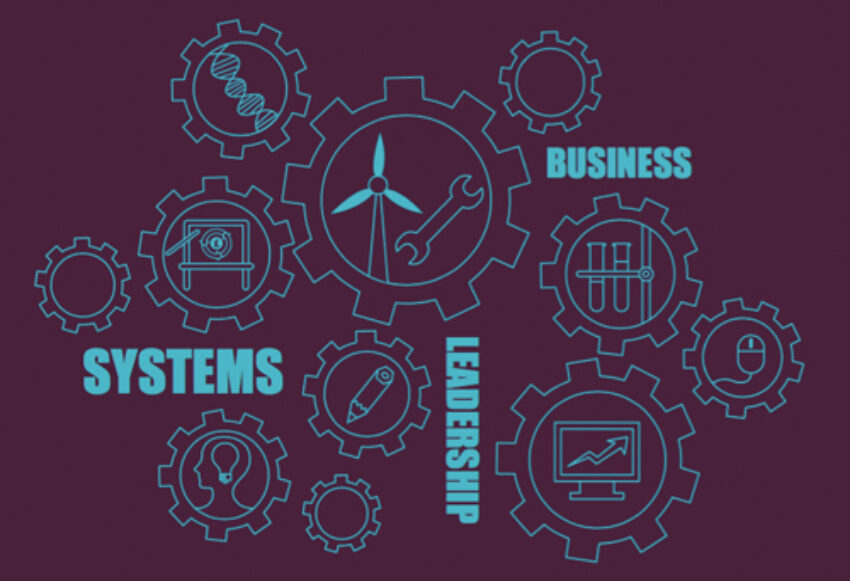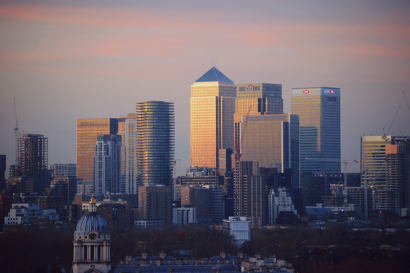AG INSIGHT | 15/08/2017
Young people and the low carbon transition

Young people’s futures, including students’, depend upon a low carbon transition. The low carbon economy is not only likely to provide diverse and fruitful employment opportunities – it has to, argues Rob Young, Vice President for Society and Citizenship at the National Union of Students.
Just this year, a group of 30 businesses united to call on the government to demonstrate its commitment to a low carbon future, and enact climate legislation, as part of their Clean Growth Plan. But not only is green growth good for the economy – it is an essential factor in securing young people’s and future generation’s lives on this planet. Working with young people as I do, I know they’re aware of this; they know well the severe threat that climate change poses, and they care about rallying against it.
Part of the reason I know climate matters to students is because the National Union of Students (NUS) has researched it. Our latest, 2017 report reveals that 82% of students are concerned about climate change. This is the highest level of concern since we began research about this in 2014. Similarly – having risen from 68% in 2014 – 79% of students now feel climate change will personally affect them. The survey results also clearly demonstrated that students want decisive action on climate change by Government. Indeed, at our own NUS National Conference this year, delegates voted overwhelmingly in favour of a motion to prioritise the fight against climate change in the student movement.
Students want to be prepared for a changing world and economy. Our research shows that 80% want their institutions to be doing more on sustainability, and 60% want to learn more about it. To help address this demand, NUS developed an externally-assessed accreditation mark called Responsible Futures. Responsible Futures brings together students and staff within universities and colleges to ensure that sustainability skills, education and experience are being embedded across the curriculum – no matter what subject students are studying. Changing education is the first step toward changing the whole of society. And students don’t just want to study sustainability, they want to practise it. In fact, our surveys show that students would sacrifice salary in order to make a positive difference to the world around them.
With all this in mind, we’re calling for work placements and apprenticeships that provide the skills necessary for the low carbon and circular economy. All sectors of the economy, with the government taking the lead, need to take urgent and strong action on climate change, and provide opportunities for students and young people to step up to the plate. We believe that businesses and universities need to work together to ensure they are meeting the impressive levels of commitment and ambition from the younger generations. This year’s General Election results laid bare the power of young people and students to influence the national political and social sphere – their voices must be heard in relation to the climate crisis, too.
Rob Young is Vice President for Society and Citizenship at the National Union of Students



